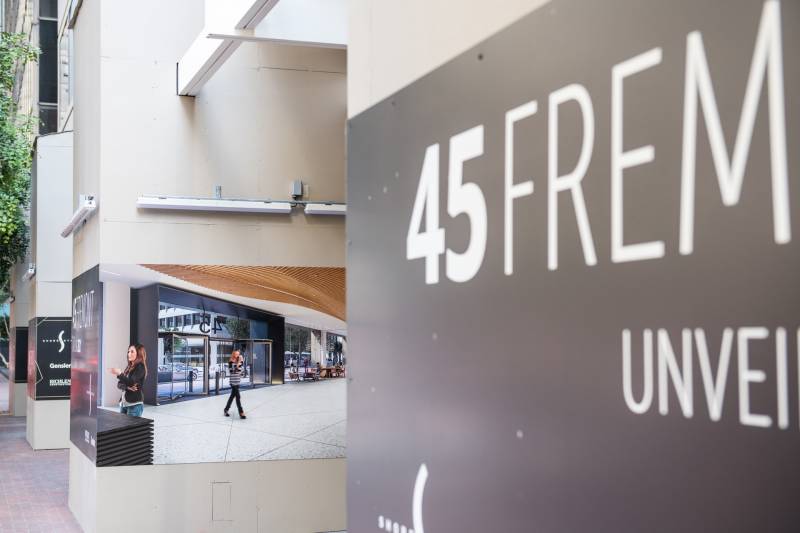And that story is hardly unique. Dozens of properties in San Francisco alone, including iconic buildings like the Bank of America building on California Street, have escaped reassessment over the years by breaking up ownership into pieces totaling less than 50% of total value. The Trump Organization owns 30% of that property.
Proposition 15 on the November ballot takes a run at what has often been called "the third rail" of California politics: The landmark tax-cutting measure Proposition 13, the 1978 measure that allows corporations to keep property taxes much lower than they would be otherwise.
In fact, according to the nonpartisan Legislative Analyst's Office, if Prop. 15 passes it will generate between $6.5 billion and $11.5 billion dollars a year in new revenue.
The steps commercial property owners take to avoid reassessment and keep property taxes low are all perfectly legal under Proposition 13. Former Assembly Speaker Willie Brown should know: He wrote the legislation implementing Prop. 13 after it passed. At the time, Brown chaired the Assembly Revenue and Tax Committee.
Brown says now that the Legislature blew it.
"We should have said anytime there is a change in the ownership of the property through any means, that constitutes a transfer for reassessment purposes," Brown said recently.
"The Legislature can do that. And that's where it ought to be done," said Brown, who opposes Prop. 15 and has received consulting fees from the "No on 15" campaign.
Proposition 13 was sold to voters, who passed it overwhelmingly, as a way to help seniors on fixed incomes who were being priced out of their homes by ever-increasing property tax bills.
The measure, promoted by political gadflies Howard Jarvis and Paul Gann, rolled back all existing property assessments to their 1976 levels while creating a statewide process for setting property taxes based on about 1.1% of that value. The annual increase going forward was then limited to 2% of that recalculated amount until a property was sold and reassessed.
But the Legislature's implementation rules gave real estate owners and purchasers a path to ducking reassessment and higher property taxes.
In one of the most notorious examples, high tech billionaire Michael Dell bought Santa Monica's luxury Fairmont Miramar Hotel in 2006. To avoid having the property reassessed, Dell divided ownership among three parties, including his wife, who got a 49% share.
Los Angeles County sued Dell, saying the transaction should have triggered a reassessment. But a California Court of Appeals sided with Dell, keeping his tax bill based on a 1999 assessment, saving him a reported $1 million a year.
A study by the USC Dornsife Program for Environmental and Regional Equity found that if Prop. 15 passes, Bay Area counties in particular would see the largest revenue gains, given current real estate values. The study found that San Francisco would see $733 million in additional property tax revenue starting in 2021-22, while Santa Clara County would gain $1.2 billion and Alameda County would get $652 million.
Prop. 15 calls for 60% of additional revenue would go to local government services, while 40% would go to schools. Polls show the measure close to the 50% needed for approval.



